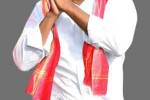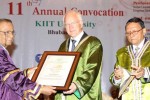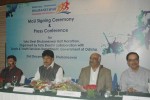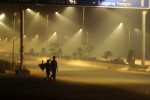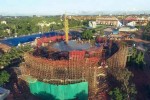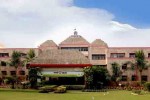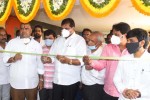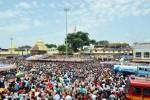Odisha Channel Bureau
Bhubaneswar: Fifty percent people in Odisha’s capital city Bhubaneswar have already developed antibodies, as per the latest COVID-19 sero (serological) surveillance study conducted from October 16 to 18.
The sero survey was conducted jointly by the city-based Regional Medical Research Centre (RMRC), Bhubaneswar Municipal Corporation and the State Health & Family Welfare Department.

Sanghamitra Pati, Director, RMRC, told presspersons here on Friday that the latest round of sero survey was a good indicator that 50% of people in the capital city had been exposed to the COVID-19 infections.
The sero survey was conducted by collecting 1,403 samples randomly from people living 25 wards of Bhubaneswar Municipal Corporation, said Dr. Pati.
Pati informed that the first sero surveillance study was conducted in Bhubaneswar on July 11 when 1.41% people in the city were found to have developed antibodies.
The second survey was conducted in the capital city on August 28 when 5.1% people were found to have developed antibodies, she said.
She, however, said that people at large should continue to follow COVID-19 restrictions since the remaining 50% people have not been exposed to COVID-19 infections.
Anyone who develops symptoms of COVID-19 should go for testing without delay, she added.
The sero survey was conducted in Odisha as per the advice of the Indian Council of Medical Research (ICMR).
State government’s chief spokesperson for COVID-19 Subroto Bagchi said also urged people strictly follow COVID-19 restrictions as they had been doing for the past eight months.
Expressing happiness over the findings of the sero survey, Bagchi appealed to the people to stay careful in the coming months to save themselves from COVID-19.
He also urged the people to come forward for testing as soon as they develop any symptoms to know about health status and avail treatment if found positive for coronavirus infection.
Bagchi further said that those who had recovered from COVID-19 should also consult the doctors within four to six weeks to know what steps they need to follow to completely recover from the disease.


